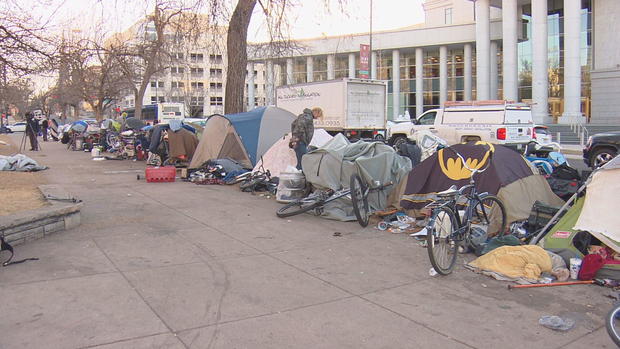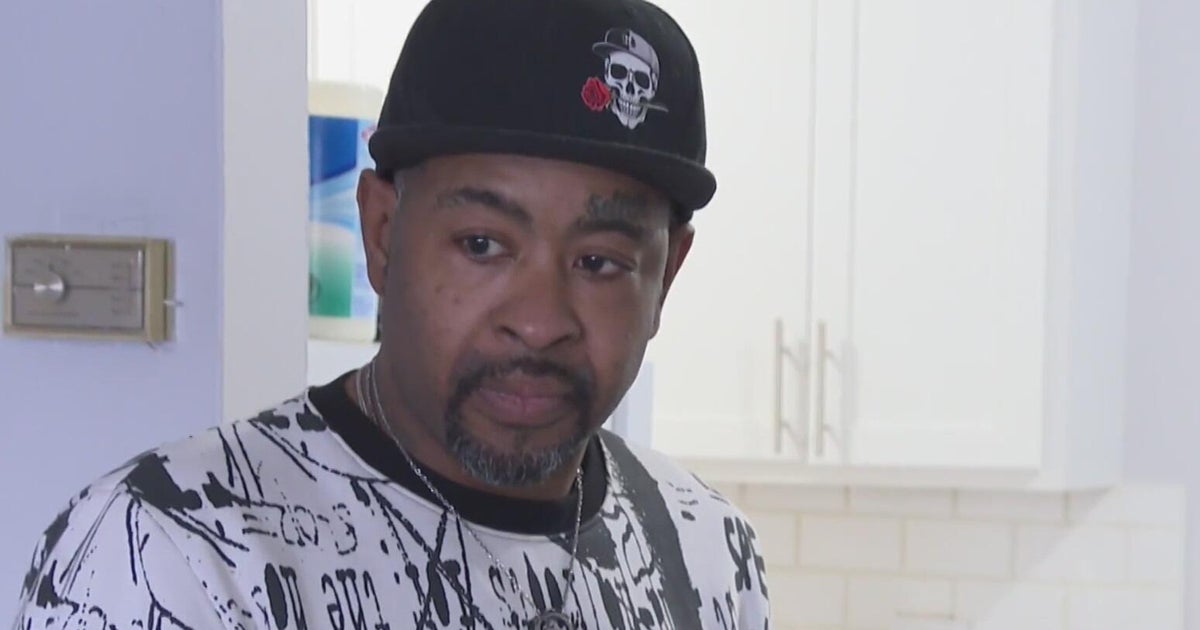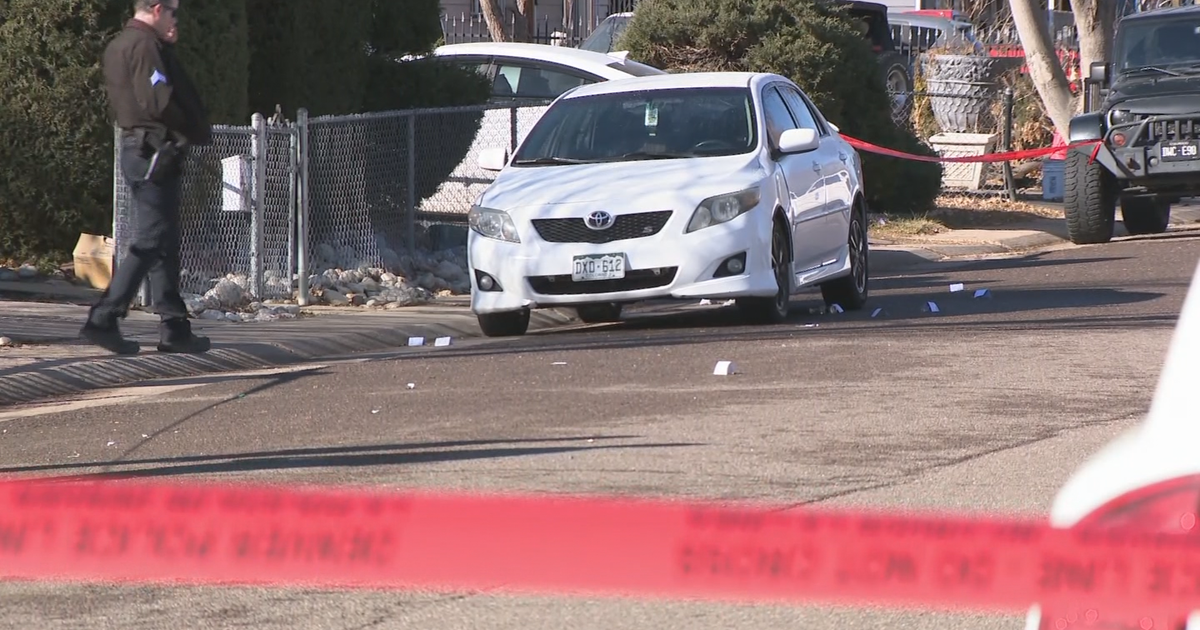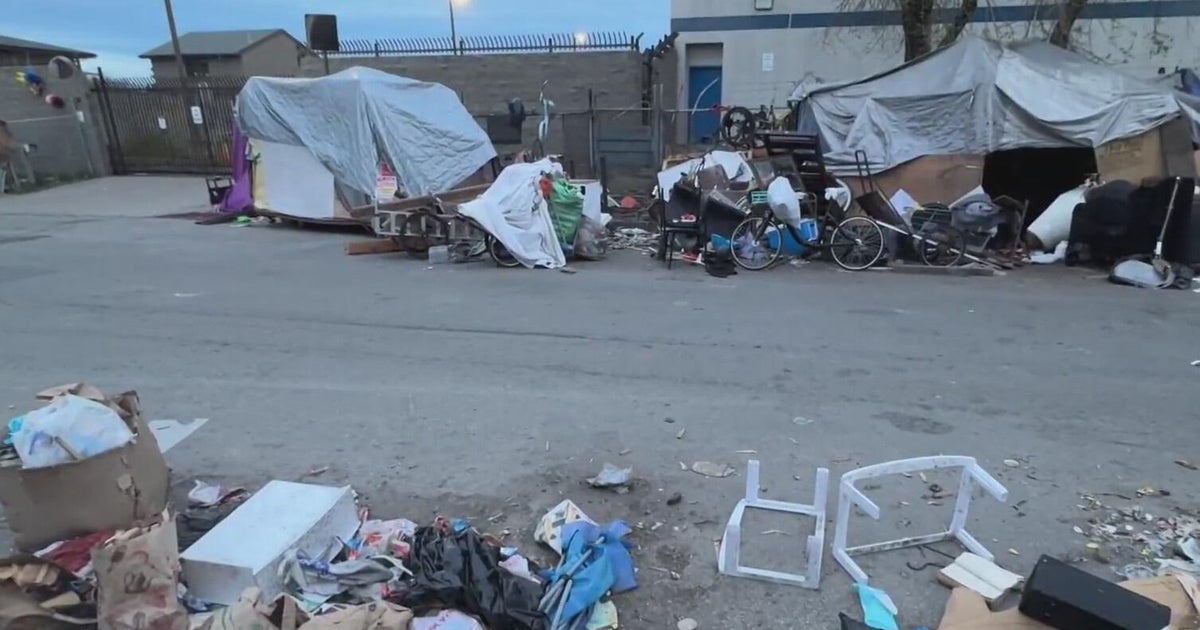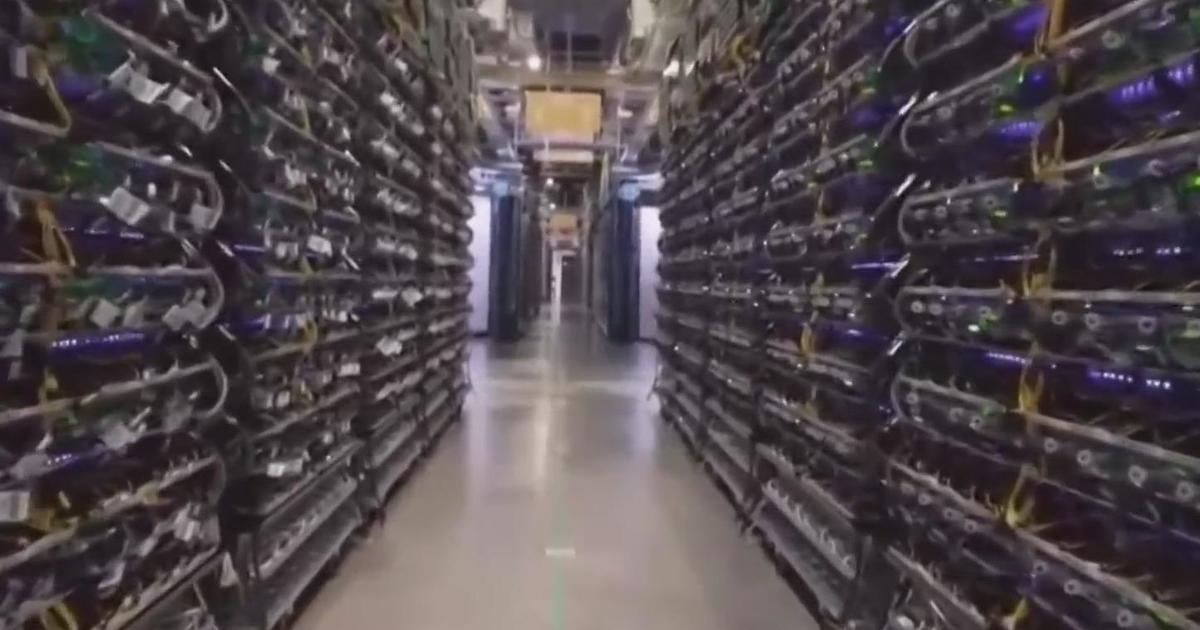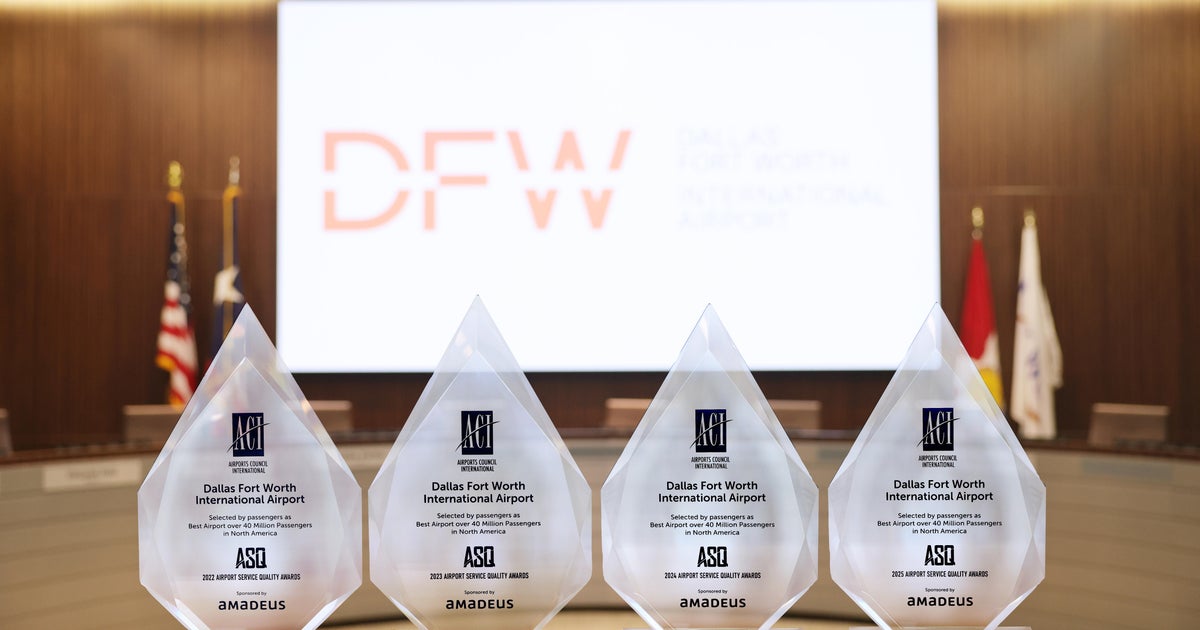This month, some in Denver experiencing homelessness to receive $1,000/month
Starting this month, some Denverites experiencing homelessness will begin receiving a new kind of assistance - direct payments up to $1,000 a month.
It's all part of the Denver Basic Income Project's new one year pilot program, which includes partnerships with the City and County of Denver and several local organizations. The application process closed on Thursday, and now some payments will begin in two weeks.
"The response was overwhelming, which is not surprising," said founder, Mark Donovan. "It really highlights the scale of the crisis that we have and the number of people that are in such great need."
Every growing city has its challenges, and in Denver, affordability and homelessness are top of mind. Over the past year, the Denver Basic Income Project has launched two pilot programs to explore solutions, and soon it'll start the biggest pilot yet.
"We're going to get as many people enrolled as possible for first checks on November 15th," Donovan said. "Anybody that's not in on that start date will then move to December 15th and we'll continue the enrollment process until everybody is fully enrolled."
Donovan tells CBS News Colorado that his group received at least 1,500 applications for direct payments.
Now, with the help of the University of Denver's Center for Housing and Homelessness, they'll narrow it down to 820 and randomly divide them into three groups.
The first will get $6,500 upfront followed by $500 per month for 11 months, while the second group will get $1,000 per month for 12 months. The third group will serve as the control, receiving $50 a month for completing the survey.
"I think we can all agree that what we've been doing is not working, and the problem is growing, and we need to do some different things," Donovan said.
While the program currently has more than $8 million in funding, $2 million invested by the City and County of Denver, specifically targets women, and families in shelters, as well as transgender and gender non-conforming people.
The rest is for the other enrollees, all of whom must be at least 18, experiencing homelessness, connected with a partner organization, and without unaddressed mental health or substance needs.
"We have been very intentional about being very inclusive and representing the demographics of homelessness in Denver, not population because our Black and brown communities and our native indigenous communities are really grossly represented," Donovan said.
Over the next year, Donovan said the goal is to learn and eventually expand. For now, the pilot will help only a fraction of those in need.
"We believe this is going to prove to be a powerful path towards fighting poverty and homelessness, but it's not the only path," he said. "We want to encourage as many people to get involved and keep innovating and trying things until we make a dent in this problem."
